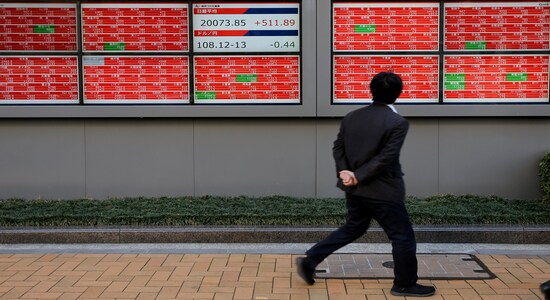
 1 / 10
1 / 101. Asia: Asian markets slipped in early morning trade on Friday after a mixed overnight sentiment in the Wall Street. Rising concerns of coronavirus continue to spook investors to dive in tech stocks. Most Asian indexes traded in the red, with Nikkei225 in Japan down marginally, while the Topix index fell 0.35 percent. The Kospi index slipped 0.39 percent in trade. (Image: Reuters)
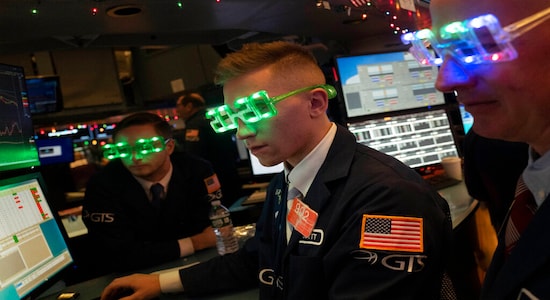
 2 / 10
2 / 102. US: US stock futures rose on Friday after a mixed trading session overnight where tech stocks strengthened on the back of concerns for coronavirus. Dow Jones traded 81 points higher while S&P and Nasdaq traded 0.3 percent 0.2 percent higher respectively. During Thursday trading session, the Nasdaq index closed at an all-time high after Amazon jumped 3 percent to a record high. Microsoft, Apple and Netflix were ended higher. (image: AP)
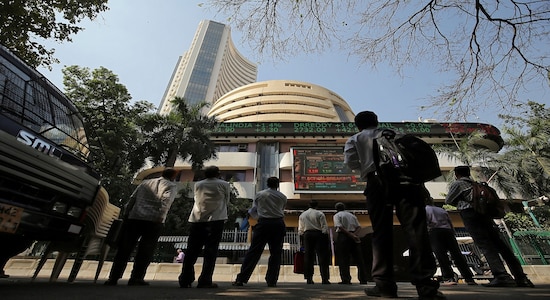
 3 / 10
3 / 103. Market At Close On Thursday: Indian shares ended over a percent higher on Thursday, helped by gains in metal and financial stocks, as focus shifted to the start of corporate earnings. The Sensex ended 409 points higher at 36,737, while the Nifty rose 108 points to settle at 10,813. Index heavyweights HDFC, RIL, HDFC Bank, Bajaj Finance, and SBI were the top contributors to the index. Broader markets were also positive with Nifty Midcap and Nifty Smallcap up 0.4 percent and 1.1 percent, respectively. (Image: Reuters)

 4 / 10
4 / 104. Crude OIl: Renewed concerns on coronavirus lockdowns in the US outweighed signs of a recovery in U.S. gasoline demand, thus keeping a lid on oil prices. Brent crude futures traded 90 cents, or 2 percent lower, at $42.39 per barrel, while West Texas Intermediate crude futures slipped $1.28, or 3.13 percent, to settle at $39.62 per barrel. (Image: Reuters)
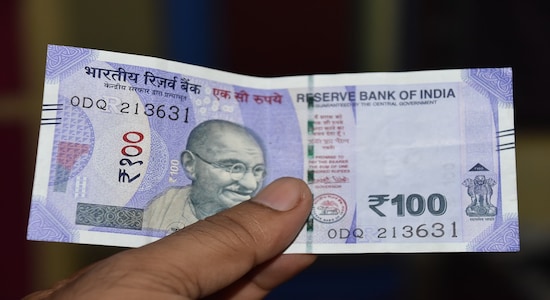
 5 / 10
5 / 105. Rupee Close: The Indian currency ended flat on Thursday amidst weakness in the greenback and positive sentiment in the equity markets. The rupee ended at 74.99 against the US dollar, up 3 paise higher than its previous close. Forex traders said positive domestic equities and weak US currency supported the local unit, while foreign fund outflows and concerns over rising COVID-19 cases weighed on investor sentiment, reported PTI. (Image: Reuters)
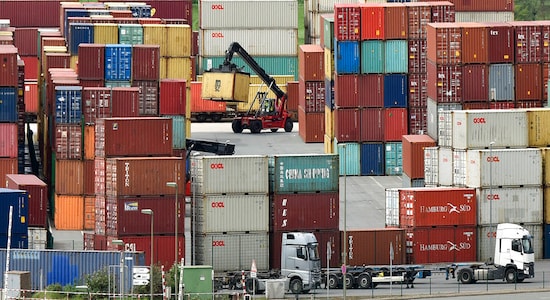
 6 / 10
6 / 106. Government Mulls Customs Duty Hike: In a bid to give a boost to its Atmanirbhar Bharat initiative, the government is looking at increasing customs duties and has initiated an inter-ministerial consultation. "The government has begun a fresh round of assessment of current customs duties on directions from the Prime Minister’s Office," said a source in the government who is in the know. "The government now wants that all key import oriented ministries should re-assess their current import duties and come up with suitable suggestions,” the source told CNBC-TV18. Ministries will hold discussions with their stakeholders over the next few days before submitting a final proposal. (Image: Reuters)
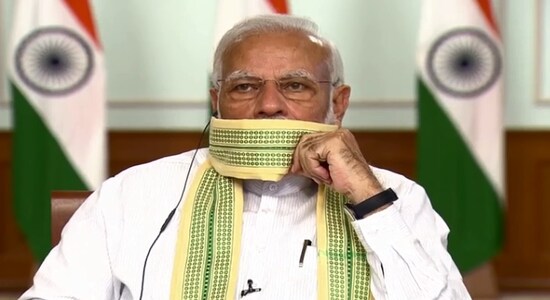
 7 / 10
7 / 107. PM Modi On Investment Friendly Business Environment: Wooing global companies, Prime Minister Narendra Modi on Thursday said Asia's third-largest economy is one of the most open in the world and offers investment friendly, competitive business environment and immense opportunities. Speaking at the India Global Week 2020, he said green shoots of economic revival are already visible in India that is coming out of coronavirus lockdown. "India remains one of the most open economies in the world. We are laying a red carpet for all global companies to come and establish their presence in India. Very few countries will offer the kind of opportunities India does today," he said. He listed recent reforms in agriculture as well as those in defence and space sectors to seek global capital. (Image: Reuters)
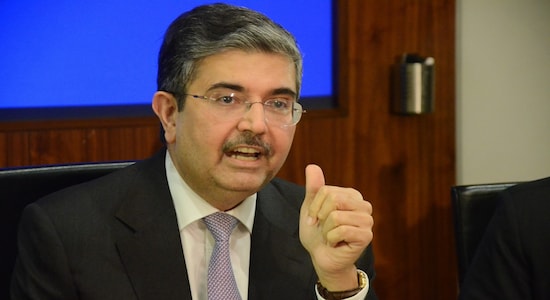
 8 / 10
8 / 108. Finance Sector Needs To Be Recapitalised, Says Uday Kotak: The financial sector needs recapitalisation as it will witness erosion of capital due to increase in bad loans caused by the COVID-19 crisis, Kotak Mahindra Bank MD Uday Kotak said. He further said there will be costs that cannot be borne by businesses or the government, and these will be borne by the financial sector. "The banking sector's loan book is about Rs 100 lakh crore and the total capital of all banks in India is about Rs 11 to 12 lakh crore. So, if 4-5 per cent of loans turn bad due to COVID, the capital position of the banking sector will get impacted by about 40 per cent," Kotak said in the company's latest Annual Report. "There will be some mark-to-market gains as bond yields have dropped. Still, the financial sector will need to be recapitalised," he added. (Image: IANS)
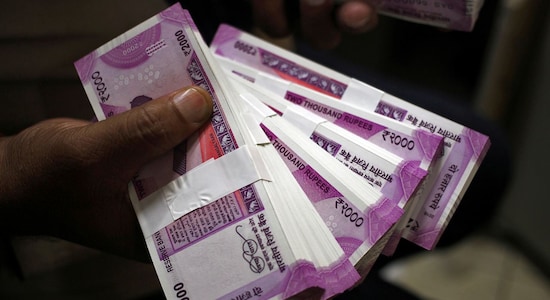
 9 / 10
9 / 109. WTO, ICC, B20 On Finance Gap: The WTO, the International Chamber of Commerce (ICC) and B20 Saudi Arabia on Thursday called for steps to narrow trade finance gap as it is a critical element in re-igniting worldwide growth in imports and exports. In a joint statement, these three bodies warned that gaps between trade finance supply and demand could seriously impede the ability of trade to support post COVID-19 economic recovery. Pointing to the diminishing availability of trade finance, "they are urging private and public-sector actors to work together to address shortages", the World Trade Organization (WTO) said. Trade finance is a critical element in re-igniting worldwide growth in imports and exports, the statement reiterates. (Image: Reuters)
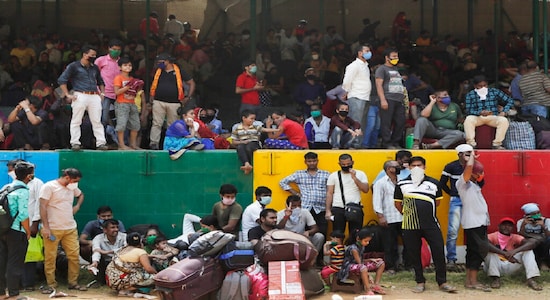
 10 / 10
10 / 1010. Code On Wages Likely To Come In September: The Code on Wages, 2019, the first law under labour reforms, is likely to be implemented by September as the Ministry of Labour and Employment has put draft rules of the law in public domain for feedback, a senior official said. Parliament in August last year approved the code to enable introduction of a minimum wage for every worker besides addressing issues like delay in payment to employees. The labour ministry has put the draft rules issued on July 7 in the official gazette. "The draft rules on the Code would be open for public feedback for 45 days from July 7, 2019, the day when the labour ministry notified those in the gazette. If everything goes well then the draft rules would be implemented by September after taking into consideration public comments," a senior labour ministry official told PTI. (Image: Reuters)

